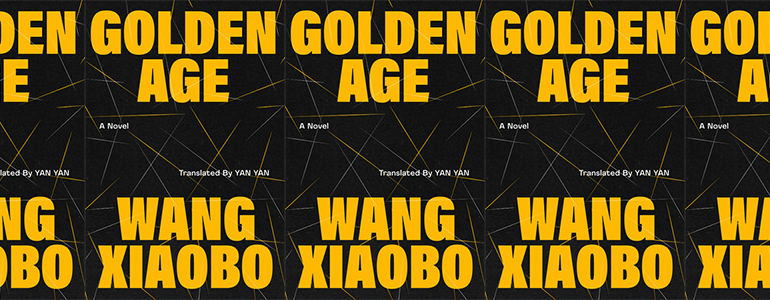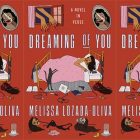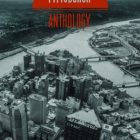Sex and Satire in Wang Xiaobo’s Golden Age

Golden Age
Wang Xiaobo, translated by Yan Yan
Astra House | July 26, 2022
A few pages into Golden Age by Wang Xiaobo, translated by Yan Yan, the protagonist, Wang Er, recalls his twenty-first birthday, when he was herding oxen by a river. “In the golden age of my life,” he says, “I was full of dreams…It was only later that I understood—life is but a slow, drawn-out process of getting your balls crushed.” It is with this same startling and direct humor that the novel reveals the most transformative events of Wang Er’s adult life, at the crux of which is the Chinese Cultural Revolution, a decade-long movement during the 1960s and 1970s in China that sought to purge capitalism from every aspect of Chinese culture. Wang Er was a high school student at a mining school during the Cultural Revolution. His most formative memories involve the witnessing of the suicide of one of his teachers and the medical neglect of another. Later on, his friend’s face and body are disfigured following an accident involving explosives in a basement, in which Wang Er was involved. It’s from the angle of disfiguration and grotesquerie that Wang Er becomes accustomed to his own body and, eventually, his sexuality. Golden Age, first written in 1982 and published in China more than a decade later, is a sexual coming of age novel that occurs during a time when writing and talking about physical intimacy was forbidden.
But Wang Er does talk about his sexual desires, despite being punished and ridiculed for it. Because, in this case, he cannot prove his innocence, he must describe his own guilt which, amusingly, entails that he writes about the ways he expresses physical intimacy with his friend, the town doctor, Chen Qinyang. An inattentive reader might mistake Chen Qinyang (and all of Wang Er’s lovers throughout the book) as a pawn in Wang Er’s sexual schemes but, indeed, Xiaobo’s sex scenes are so strange they mimic the inexpressibility of realistic sexual encounters and, duly, endow characters with sexual currency. Sex isn’t a power exchange between partners in Golden Age—it’s a statement of power that people can make in opposition to the state.
There is an immediacy to the account that raises the question of whether we should view Wang Er as a stand-in for the author, Wang Xiaobo himself. I couldn’t help but read this novel that way, not just because the book’s author and protagonist share a name, but also because so many parts of the work had the tone and style of a geometric proof, a legal document, or a treatise—genres in which the “I” is formalized and understood but, ultimately, eschewed. In fact, this is what I found most interesting about Golden Age: its noncompliance with traditional expectations of a fictional narrative. The plot is hidden behind something like a court statement. It reveals itself bit by bit, creating a fuller picture of identity and sexuality.
Golden Age has long been admired by Chinese readers for its clever take on sexual rebellion, and its innovative voice and narrative style deserve merit as well. By using the language of the state to highlight the absurdity of their laws, Xiaobo made a satire that is both amusing and effective. And Wang Er’s Cultural Revolution fable remains relevant decades later and thousands of miles away. Recent events have demonstrated that the leaders of our nation would like nothing more than to dictate what we are able to do with our own bodies and what we teach our children. But if we can learn anything from Wang Xiaobo’s work, it’s that a little humor and a lot of stubbornness can go quite a long way.



